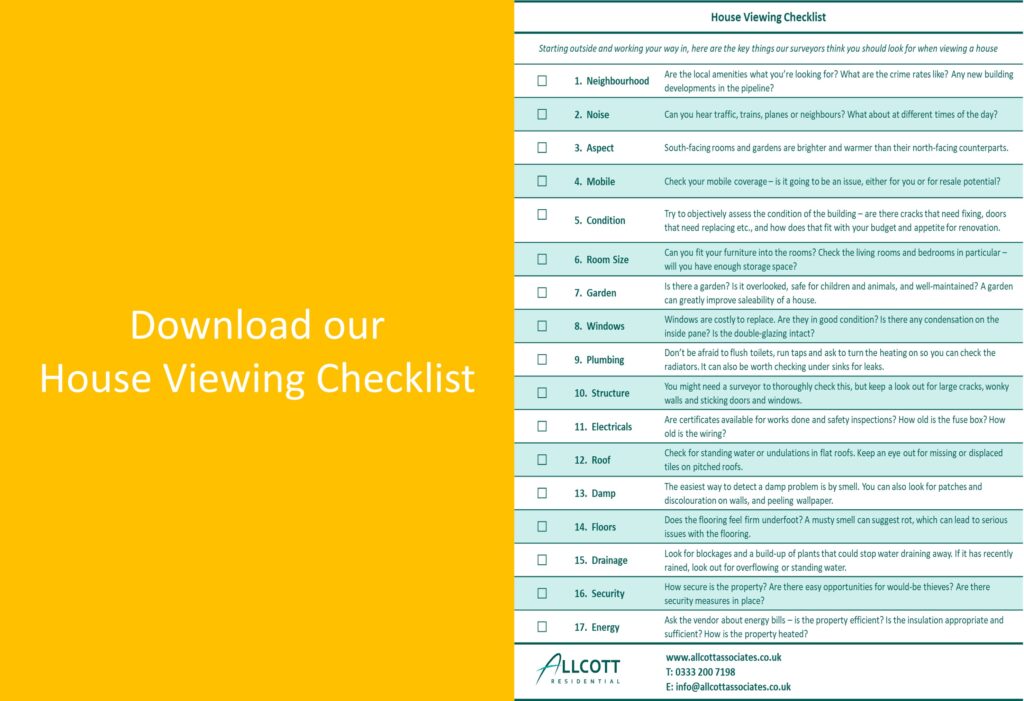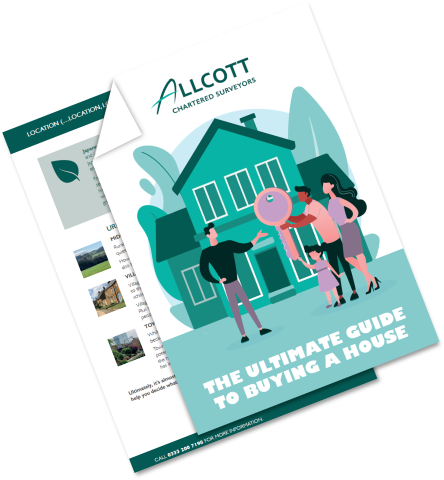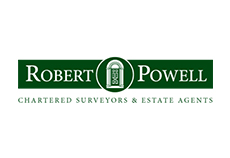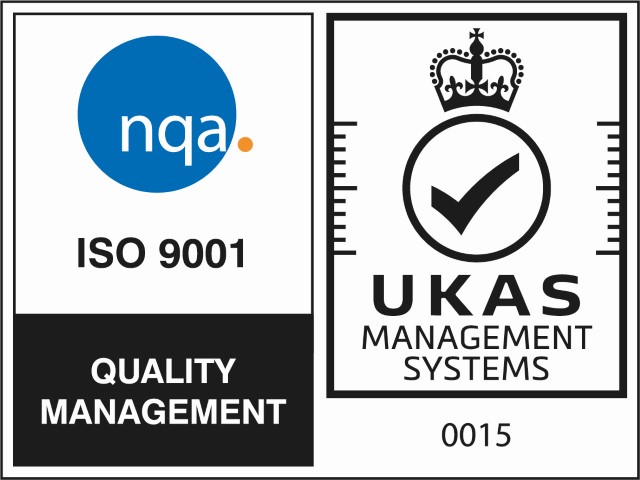What to Look for When Viewing a House
Regulated by RICS
Instant Quote | NO OBLIGATION
Or Call 0333 200 7198
You’ve found a home you’re interested in and persuaded the vendor or an estate agent that you’re a serious buyer. Now it’s time for the fun bit! But what should you be looking for when you are viewing a house or apartment?
Here, we delve into the things you need to look for to determine if the property is right for you. Head to the next article if you’re looking for common housing defects to watch out for.
Do You Like It?
There are a lot of nitty-gritty considerations when choosing a property, but the first and most important consideration is whether you like the place and you can see yourself living there.
If you’ve been following this guide, you will already have taken time to consider the locations you are looking at, whether you would prefer an older, modern or brand-new home, and how far you can stretch your budget.
Your gut feeling when viewing a property is important, but make sure you don’t rush any decisions. A common mistake is to fall in love with a house based on the décor, whereas your money is really going into the bricks, mortar, and location. Take the time to picture the property redecorated, potentially even renovated and refurbished, with your possessions and your style. Be honest with yourself about how much work you are willing to do to a place, but bear in mind that a lick of paint and decluttering are fairly straightforward, quick and inexpensive to do.
It’s often recommended that you don’t look at anything that is outside your price range. However, this does depend on the housing market at the time. There will be occasions in a sellers’ market when most properties are going for over the asking price – if this is the case, you are better off looking at houses comfortably within budget. However, in a buyers’ market, it might be worth looking at places slightly over budget, particularly if they have been on the market for a while because you might just get away with a cheeky offer.
House Viewing Checklist
Starting outside and working your way in, here are the key things our surveyors think you should look for when viewing a house.

1. Neighbourhood
Are the local amenities what you’re looking for? What are the crime rates like? Any new building developments in the pipeline?

2. Noise
Can you hear traffic, trains, planes or neighbours? What about at different times of the day?

3. Aspect
South-facing rooms and gardens are brighter and warmer than their north-facing counterparts.

4. Mobile
Check your mobile coverage – is it going to be an issue, either for you or for resale potential?

5. Condition
Objectively assess the condition of the building – are there cracks that need fixing, doors that need replacing etc., and how does that fit with your budget and appetite for renovation.

6. Room Size
Can you fit your furniture into the rooms? Check the living rooms and bedrooms in particular – will you have enough storage space?

7. Garden
Is there a garden? Is it overlooked, safe for children and animals, and well-maintained? A garden can greatly improve saleability of a house.

8. Windows
Windows are costly to replace. Are they in good condition? Is there any condensation on the inside pane? Is the double-glazing intact?

9. Plumbing
Don’t be afraid to flush toilets and run taps, and ask to turn the heating on so you can check the radiators. It can also be worth checking under sinks for leaks.

10. Structure
You might need a surveyor to thoroughly check this, but keep a look out for large cracks, wonky walls and sticking doors and windows.

11. Electricals
Are certificates available for works done and safety inspections? How old is the fuse box? How old is the wiring?

12. Roof
Check for standing water or undulations in flat roofs. Keep an eye out for missing or displaced tiles on pitched roofs.

13. Damp
The easiest way to detect a damp problem is by smell. You can also look for patches and discolouration on walls, and peeling wallpaper.

14. Floors
Does the flooring feel firm underfoot? A musty smell can suggest rot, which can lead to serious issues with the flooring.

15. Drainage
Look for blockages and a build up of plants that could stop water draining away. If it has recently rained, look out for overflowing or standing water.

16. Security
How secure is the property? Are there easy opportunities for would-be thieves? Are there security measures in place?

17. Energy
Ask the vendor about energy bills – is the property efficient? Is the insulation appropriate and sufficient? How is the property heated?
Questions To Ask the Seller and Estate Agent
- What’s included – do you have your heart set on the unique woodburner or the feature curtains? Checking what will come with the sale will help you budget and decide how much you are willing to offer.
- Bills – it can be quite revealing to find out how much water and energy costs are for the property. Council tax is also a big expense – the estate agent should be able to tell you what band the property is in.
- How long the property has been on the market, and how quickly properties sell in the area. How many viewings and offers have been made?
- Why are you selling – if the vendor mentions noisy neighbours or issues with the area, be wary.
- What improvements have been made – this will give you an idea of how well the property has been looked after. It’s also worth noting down any building works so your surveyor and conveyancer can make appropriate checks on the standard of the works and the permissions that were obtained.
***TIP*** When talking to the agent and seller, it can pay to watch what you say.
If you come across too enthusiastically, it can make it harder to negotiate on price. Conversely, if you are too negative about a property or too vocal about dramatic alterations you want to make, you risk offending the vendors, who may decide they don’t want to sell to you.
Instead, emphasise what a good buyer you are – how your finances are all in order, you’re not going to do anything to hold up the sale, and how much you will enjoy being the custodians of the property once the sellers have moved on.
Be Honest with Yourself
What you do with this information will be personal to you. Compare your notes with your ideas about what you were looking for in a property when you started the process. Do they match up?
No property will be 100% perfect, but you need to be honest with yourself about what you are and are not willing to compromise on.
Another important consideration is how easily it is to change things you don’t like, and how much it would cost. Some things you’re stuck with – untidy neighbours or a lack of good schools nearby. Others, you can improve. If the property is a bit run down, a lick of paint can be fairly budget-friendly. However, if the roof or windows need significant repairs or upgrades, this will need a chunky investment. A Level 3 Building survey can be a big help here – significant repair and maintenance costs will be listed out for you in the report.












